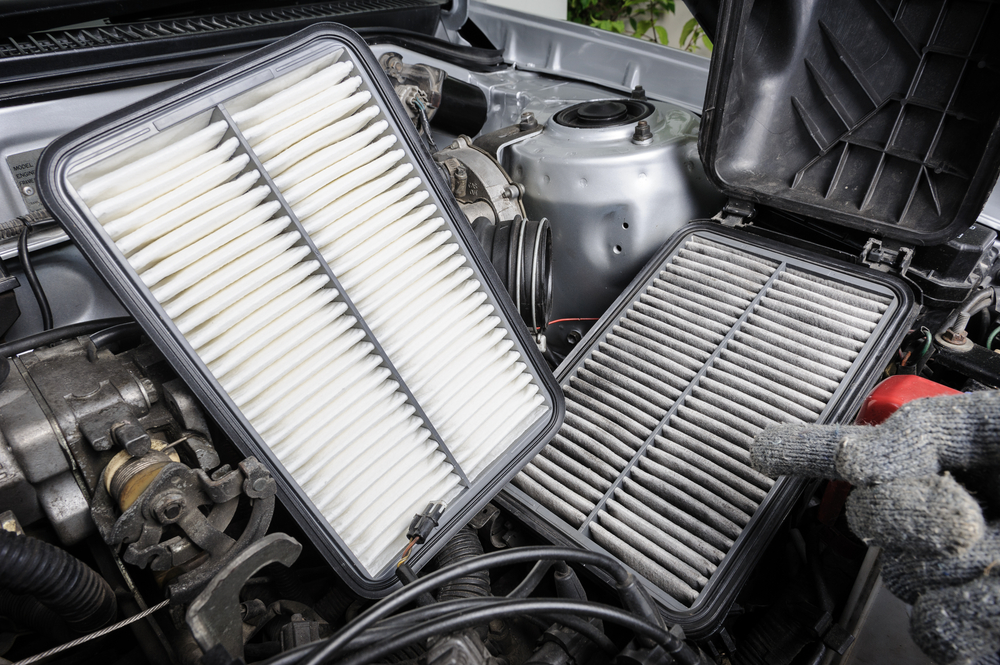Coolant leaks might not seem like a big deal, but they could create a hazardous situation for your car’s engine. The coolant keeps your engine running smoothly by regulating its temperature, and without the proper amount of it, your engine could overheat. Think of it as your car’s lifeline to staying cool under pressure. Coolant leaks, however, can throw a wrench into that smooth operation. Let’s dive into why coolant leaks happen and what you should do about them.
Why Do Coolant Leaks Happen?
1. There’s a Hole in the Radiator: One of the most straightforward reasons for a coolant leak is a hole in the radiator. All your car engine parts including the radiator must endure extreme temperatures and it takes a toll in different ways. The sealing gasket connecting the tank to the radiator is also susceptible to wearing out, potentially resulting in a leakage issue.
Related: Learn more about the reasons behind car engine failure here.
2. High Pressure: The cooling system in your car operates under high pressure to ensure efficient heat transfer. However, this high pressure can sometimes lead to leaks if there’s a weak spot in the system, such as a worn-out hose or a cracked component.
3. Your Water Pump Has Failed: The water pump plays a crucial role in circulating coolant through the engine. It is usually driven by a belt and is located on the lower part of the engine, near the drive belts. If the water pump fails, the coolant won’t flow properly, leading to overheating and potential leaks.
What Should You Do if You Suspect a Coolant Leak?
1. Check the Puddle: The color of the puddle can give you clues. Coolant is typically green, orange, pink, or blue. If you see a puddle of one of these colors, it’s likely the coolant.
2. Inspect Under the Hood: Look for wet spots or stains around the hoses, the radiator, and the water pump. These are common areas for coolant leaks.
3. Monitor Your Temperature Gauge: If your engine starts running hotter than usual, it could be a sign of low coolant due to a leak.
4. Top Up If Needed: If you confirm a coolant leak and it’s safe to do so, top up your coolant reservoir with the recommended type of coolant for your vehicle.
5. Get Professional Help: While DIY fixes like adding stop-leak products exist, they’re often temporary solutions. It’s best to have a professional mechanic inspect and repair the leak properly.
Related: learn more about car repairs you should avoid DIYing here.
Turn To Mike’s Brake & Alignment Shop
If you’re noticing signs of leaking coolant, it’s best to get your car to the professionals at Mike’s Brake & Alignment Shop. Coolant leaks happen for various reasons, and we have the expertise to get your car’s engine cool again. Contact us at (817) 834-2725 or visit our website at mikesautospa.com to schedule an appointment.



















